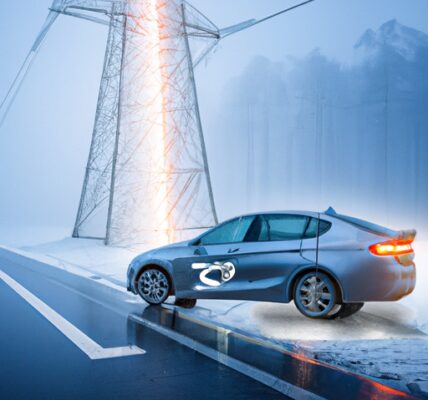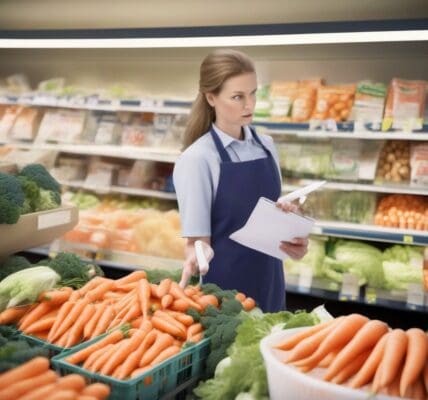In an exclusive interview with ET, Sahil Barua, cofounder and CEO of Delhivery, offered valuable insights into the rapidly changing landscape of logistics and e-commerce in India. Barua pointed out a critical point: the economics of ultra-fast deliveries, particularly those within 10-15 minutes, may not be sustainable outside of groceries and fast-moving consumer goods (FMCG). This observation raises important questions for logistics providers and e-commerce firms alike.
As consumer expectations continue to rise, many companies have begun investing heavily in shortening delivery times. However, Barua’s expertise highlights that while this model works for essential items like perishables, it may not be feasible for other sectors. The costs involved in maintaining such rapid delivery systems, from labor to infrastructure, often outweigh the benefits when applied to a broader product range.
Barua’s insights also extend to the e-commerce market’s outlook in India, a sector poised for substantial growth. The vibrant market, characterized by a young demographic and increasing internet penetration, presents opportunities that must be approached strategically. For logistics companies, the focus should shift towards reliability and efficiency rather than solely competing over speed, ensuring that the services offered truly meet the needs of consumers.
As e-commerce evolves, lessons gleaned from Delhivery’s operations can guide other players in the logistics sector. Sustainable practices, sound resource allocation, and a keen understanding of consumer behavior will dictate which businesses thrive. By embracing a more comprehensive approach, stakeholders can build resilient logistics frameworks that support the burgeoning e-commerce environment in India.
In conclusion, while the allure of 10-15 minute deliveries may be strong, a thoughtful evaluation of its feasibility beyond groceries is essential. The future belongs to those logistics companies that balance speed with sustainability, meeting consumer needs without compromising economic viability.












